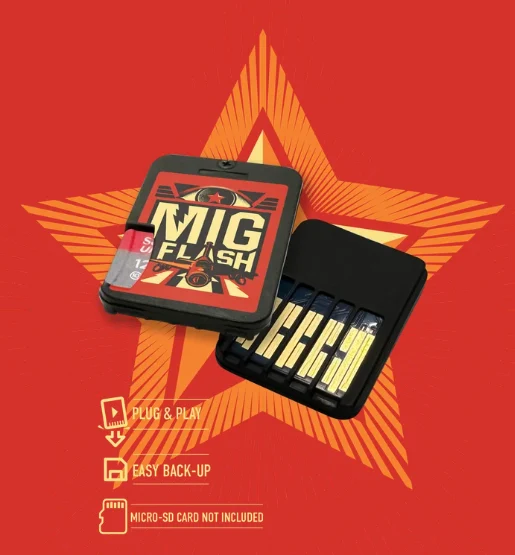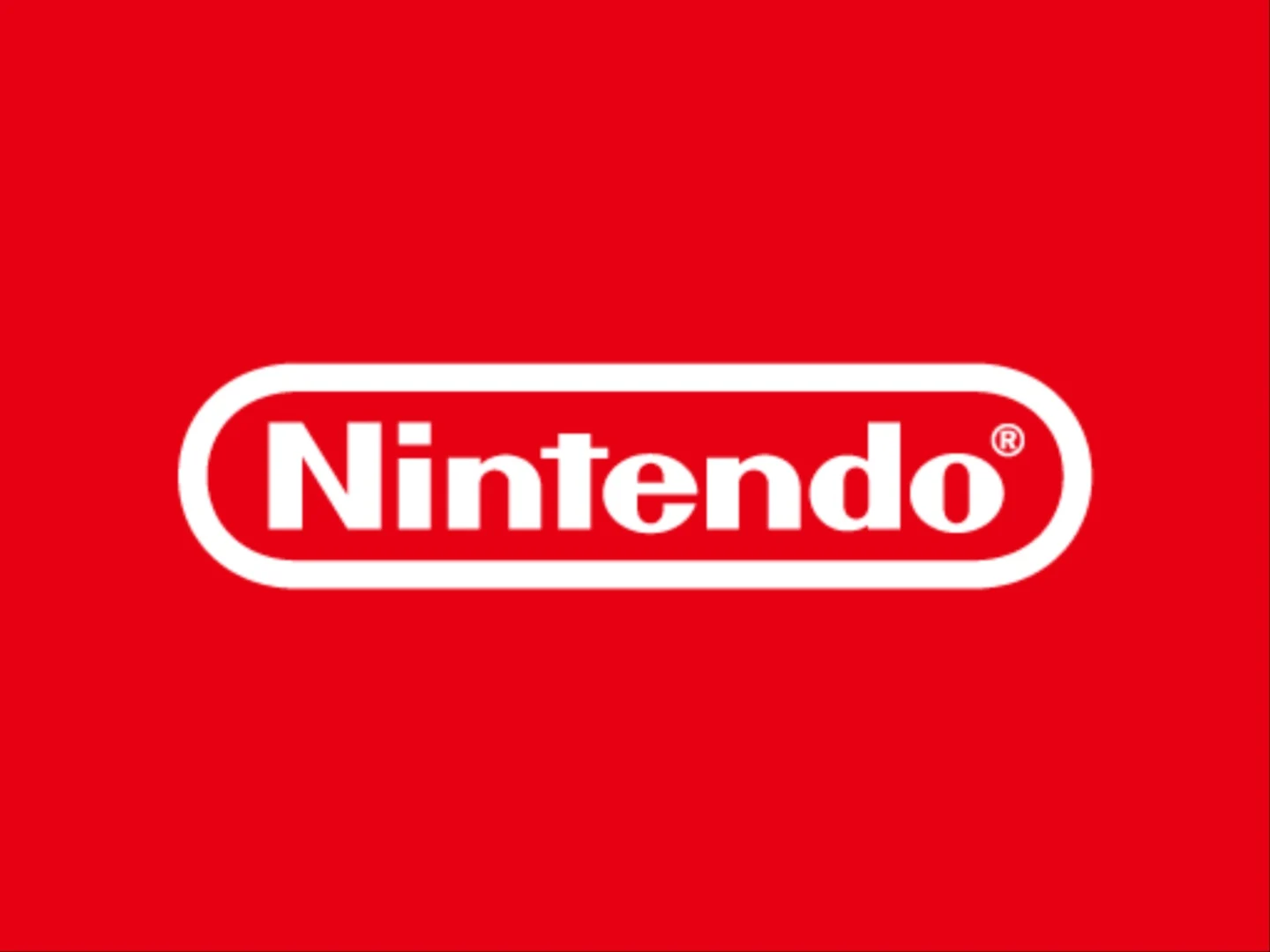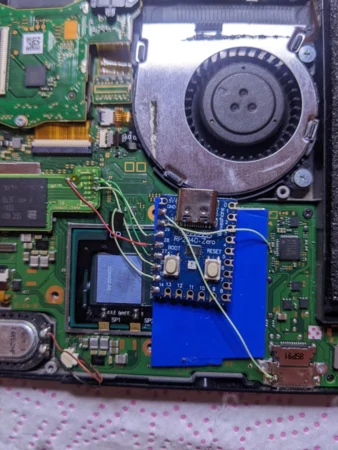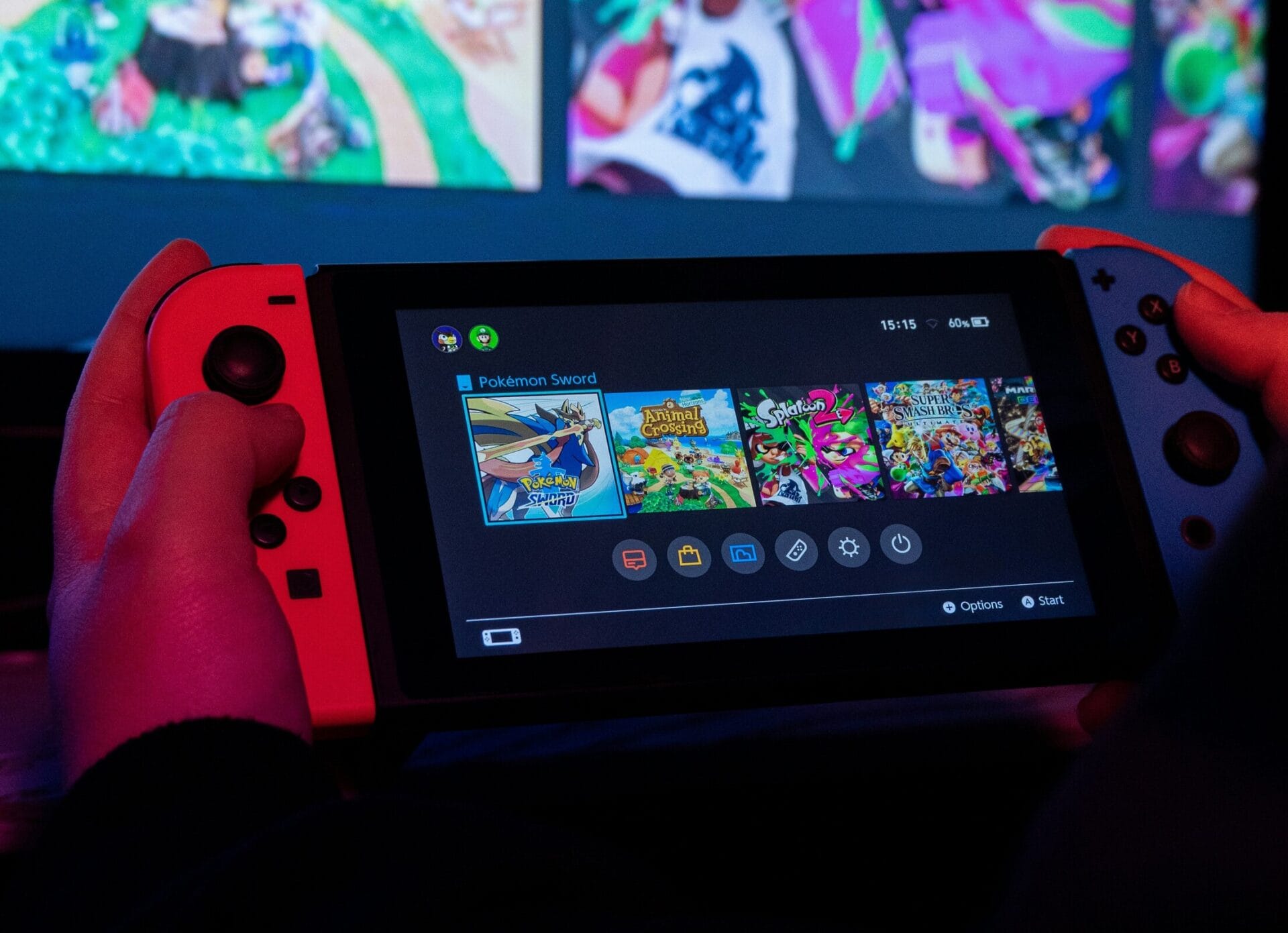Key Takeaways
1. The Mig Flash was initially perceived as a prank, primarily appearing in YouTube videos, but is now being shipped and allows users to back up and pirate Nintendo Switch games.
2. It serves a dual purpose: enabling users to back up and play their own games while also facilitating piracy, though some believe mod chips are more effective for illegal use.
3. The product is shrouded in suspicion, with frequently changing official URLs and a lack of reliable information on its compatibility with future Nintendo consoles.
4. Nintendo actively monitors and blacklists modified consoles, and recent changes to their EULA suggest that modified Switch 2 units may be bricked, especially in regions with weak consumer protection.
5. Nintendo’s strong anti-piracy stance indicates that even if the Mig Flash supports the Switch 2, it will likely face significant repercussions from the company.
The Mig Flash was initially thought to be a prank, showing up mainly in YouTube videos rather than being accessible to the general public. Nevertheless, despite some customers reporting delivery times of up to two months, it seems that the product is indeed being shipped and allows users to back up and pirate Nintendo Switch games (available on Amazon).
A Dual-Purpose Tool
This device is advertised as a way for users to back up and play their own games on a single cartridge, eliminating the hassle of carrying multiple game cartridges. However, it can also be used for purposes that cross into illegal territory. Some argue that a mod chip is a more effective method for piracy, even though the Mig Flash has its legitimate uses.
Suspicion Surrounds the Product
The Mig Flash is wrapped in a cloud of doubt. Its “official” URLs change frequently, possibly due to Nintendo’s efforts to take them down. With various resellers and pages on AliExpress, buying a Mig Flash feels like a gamble at best.
Recently, one reseller, claiming to be the top US distributor, has stated that the Mig Flash V2 will work with the upcoming Switch 2. Whether migflashunited actually has insider info or is just spreading lies to boost sales is still unclear. A check against AliExpress and what seems to be the official Mig Flash site reveals no similar information, and there’s no clarity on whether this “compatibility” means that it will only work with Switch 1 titles on Switch 2 hardware, if it’s just the size that fits, or if it actually allows piracy of Switch 2 games.
Nintendo’s Position on Piracy
Nintendo is known to blacklist consoles from online play if they detect modifications, and with the recent changes to their EULA, there’s a strong possibility that any Switch 2s running such modifications will be bricked. This is particularly true in the US and other regions where consumer protection is weak. Notably, this warning is missing from the European EULA.
In any case, Nintendo has been very clear about its stance on piracy, emulation, and anything that affects its profit. Even if the Mig Flash does eventually support the Switch 2, the likelihood that Nintendo will allow it to operate without repercussions is very low.
Source:
Link






